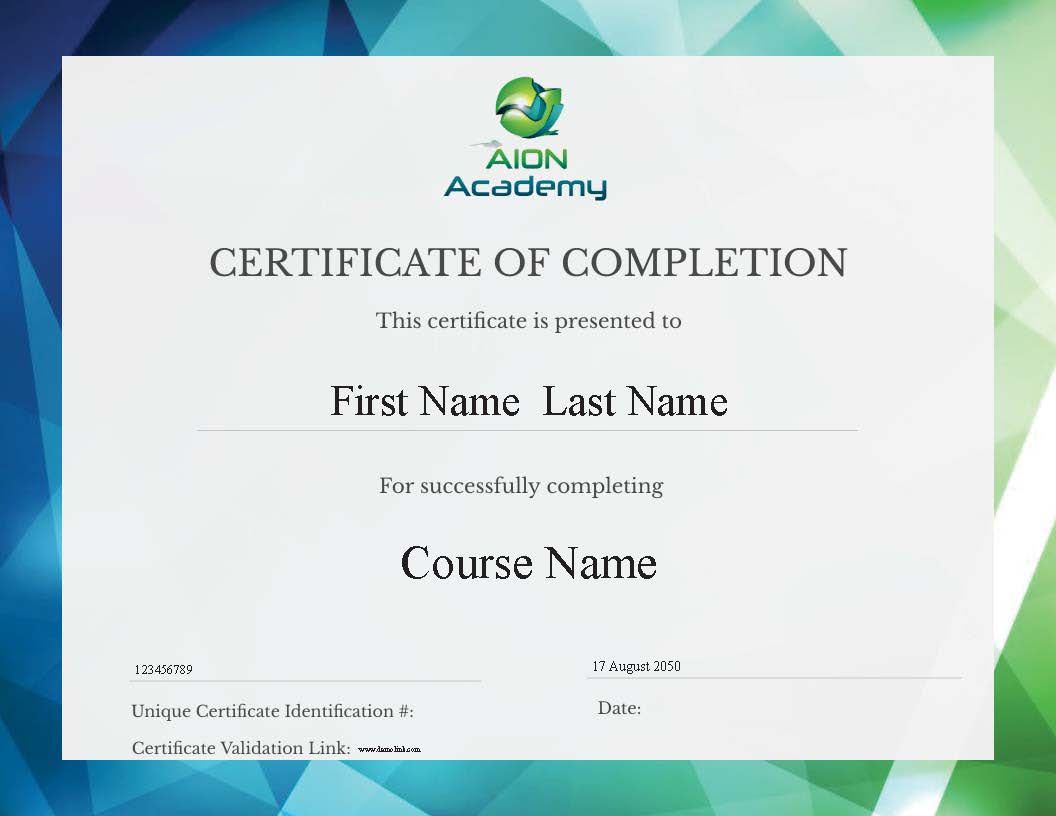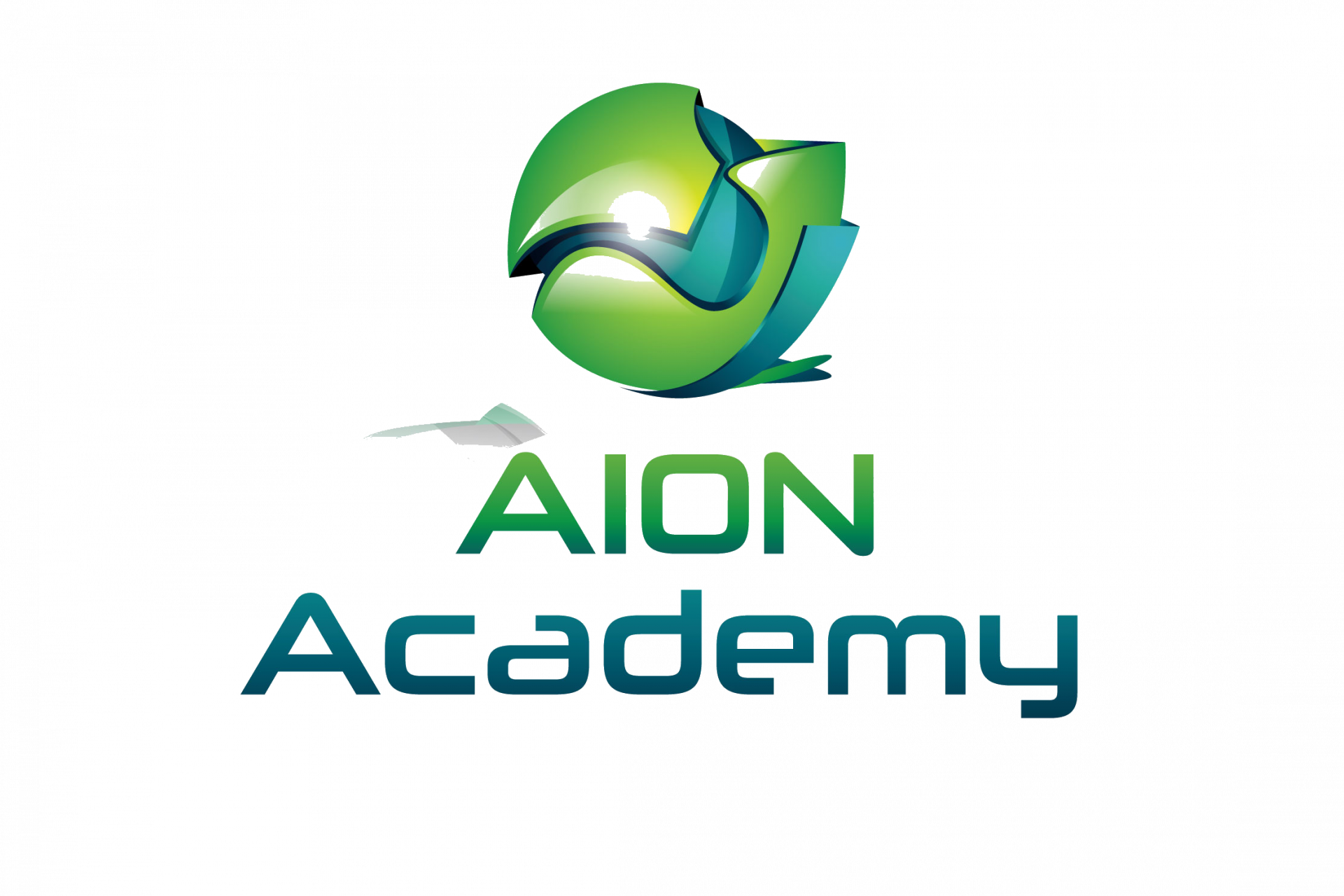Lean Management
-
Author: International Management Institute
-
Level: Advanced
-
Study Time: 33 hours
-
Reading Time: 24 hours
-
Exam: 3
Become proficient in lean management techniques to streamline processes, eliminate waste, and boost productivity.

Upon completion of this course, students will receive a certification demonstrating their expertise in Lean Management principles. This certification highlights the ability to streamline processes, eliminate waste, and create value by implementing lean methodologies in organizational settings.
What's included?
-
40 Chapters
-
1 Certification
-
30 Questions
-
15 PDFs
Become a Lean Manager
A Lean Manager is responsible for applying Lean Management principles to improve efficiency and reduce waste in business processes. They lead teams in identifying inefficiencies, implementing continuous improvement initiatives, and ensuring the optimal use of resources to enhance organizational performance and profitability.
Personal Value
Completing this course will equip you with the skills to drive operational efficiency, reduce costs, and improve business outcomes. You'll become proficient in implementing lean strategies, which will boost your problem-solving and leadership capabilities, allowing you to make a significant impact within any organization.
International Management Institute
The International Management Institute (IMI) is a global institution dedicated to advancing leadership and management education. With a strong emphasis on innovation, strategic thinking, and practical skills, IMI equips professionals to succeed in today's competitive business environment. Through a diverse range of programs, expert faculty, and a collaborative learning approach, IMI empowers individuals and organizations to drive sustainable growth and make impactful decisions worldwide.
Lean Management
This course qualifies you in Lean Management techniques, such as process optimization, waste reduction, and continuous improvement. You will gain expertise in leading lean transformations, improving operational performance, and fostering a culture of efficiency and innovation within organizations.

